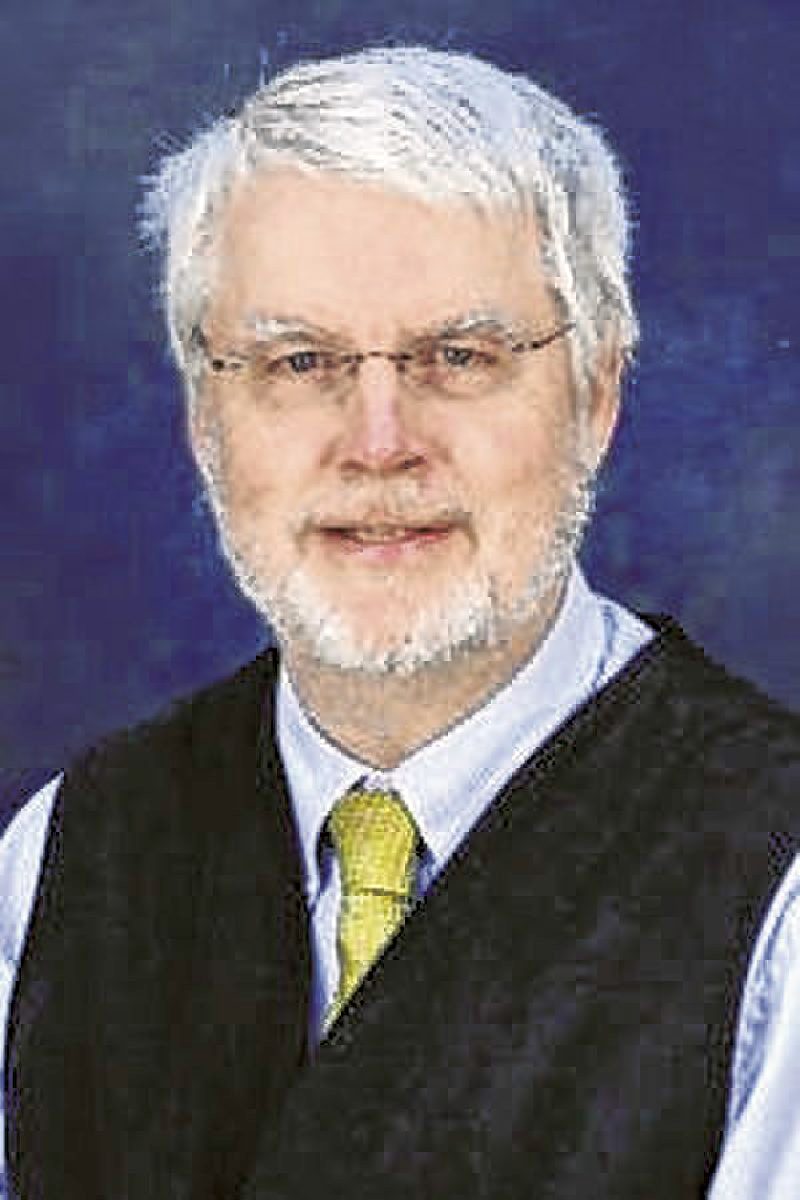Recently, I came across an old book on my bookshelf that took me down memory lane.
Judging by its poor condition, the book was one that I probably picked up for free from a library that had a better copy. The memory that the book brought back, however, wasn’t of the day when I saved the book from the scrapheap. What the book brought back was a very vivid memory of the author.
Nearly 40 years ago, I was a new and green professor at Franklin College. Like most who were beginning their careers, I wanted to distinguish myself by contributing something to my academic field. That desire led me to apply for a national grant, one that would allow me to take part in a summer seminar with a legend in my field of New Testament studies. I will never forget the night when the scholar called to tell me I’d been selected to participate in the seminar at a major university in the South.
The twelve of us in the seminar knew that working alongside this scholar would be an honor. Although we all held academic rank at our universities and colleges, we were for those eight weeks students again, sitting at the feet of a luminary in our field.
That summer, this great scholar was coming to the end of his career. His hair was white, but, beneath his bushy white eyebrows, his eyes were bright. As the eight weeks of the seminar wore on, however, we could see that he was growing increasingly tired. Yet without fail, he met with us every morning and afternoon, four days a week.
Over the eight weeks of the seminar, we heard rumors of his absentmindedness from others at the university.
Did those of us in the seminar note that his mind, so razor-sharp in the early weeks, was steadily tiring? Did he sometimes seem to nod off when listening to one of us present our research? Perhaps that happened, but whenever one of us, in reporting on our research, received his approval along with his critique, the rest of us stepped up our efforts. We too wanted to receive his blessing.
Fast-forward to last week, when I took down the book written by this scholar from the shelf. When I picked up the book from the discarded pile years before, I’m sure I told myself that I’d read it someday. Last week was that “someday.”
In reading the book, I hoped I would hear the echo of my mentor’s voice, now long silenced. That hope was more than met. I discovered the book to be the rare academic work that combines two qualities, depth of research and readability.
The maturity of the thought and the beauty of the book’s phrasing suggested to me that my mentor had written this book in his later years. To my surprise, I discovered that the book was published when he was in his mid-30s, which meant he must have conducted much of the exhaustive research when he was still in his late-20s.
That’s when this scholar’s most important lesson finally dawned on me. If he had wanted to, our mentor could have brought this giant of a book to class, revealed how much younger he was than we were when he wrote it, and by so doing, put our puny research efforts to shame.
But he didn’t do that. While the reading list for the seminar was extensive, I don’t remember him requiring us to read anything he wrote.
What this great scholar embodied that summer is what the psychologist Erik Erikson termed generativity, the great gift of aging. Generativity isn’t a gift that an older person receives; instead, it is a gift that an older person gives to younger generations. Generativity is what a young person who might be unsure of herself receives when an older person utters the simple but powerful words, “I believe in you. You’re going to do just fine.”
That summer in 1982, this legendary scholar taught the 12 of us a great deal about the New Testament. Last week, he taught me another lesson — how to age with grace.




